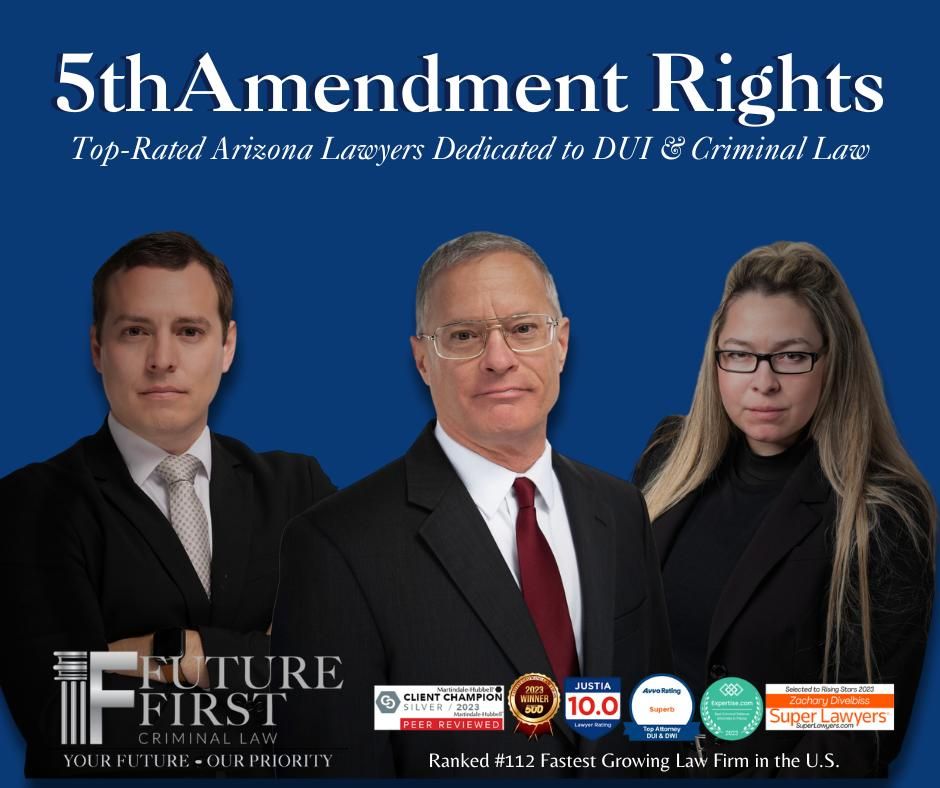Mastering Your Right to Remain Silent
“The Fifth Amendment to the U.S. Constitution protects people from being compelled to give testimony that could incriminate them. This is not the same as saying that a person has a right to silence at all times. In some situations, police may use silence itself as incriminating evidence,” states Justia.
Understanding when you have the right to remain silent is essential in any encounter with law enforcement.
Technically, you can remain silent at any time, but many assume they can only invoke their rights after being read their Miranda Rights. This misconception often leads to individuals unwittingly providing potentially incriminating information to law enforcement before being placed under arrest.
Police are obligated to read your Miranda Rights in two primary situations:
- When you’re taken into custody.
- Before any interrogation.
However, recent court rulings have altered the landscape of this legal concept. A significant case in 2013 (Salinas v. Texas, 133 S. Ct. 2174) clarified that remaining silent without explicitly invoking your Fifth Amendment rights may not suffice to protect you.
The court determined that if a suspect remains silent without invoking their rights, prosecutors can comment on this silence if:
- The suspect submits to questioning voluntarily.
- They are not in police custody.
- They remain silent without invoking the Fifth Amendment.
Even if you choose to remain silent, it’s crucial to explicitly invoke your Fifth Amendment rights to ensure their protection in court. Merely remaining silent may not suffice, and your silence could potentially be used against you.
Request a Free Phone Consultation For Your Maricopa County Arizona Case
Understanding the Power of Invoking Your Fifth Amendment Rights
When you invoke your Fifth Amendment rights, you’re effectively putting a halt to all police questioning. This means that not only must the current interrogator cease questioning you, but all other law enforcement officials are also prohibited from interrogating you further.
This is advantageous because it ensures that the interrogation comes to a complete stop. Interrogators cannot simply pass you off to someone else and continue questioning under a different guise.
Under your Miranda rights, if you’ve explicitly invoked your right to remain silent, any subsequent statements you make should not be admissible in court.
At this point, your legal representation steps in. Whether you’ve retained a private lawyer or are working with a public defender, they will begin advocating on your behalf and guiding you through the legal process.
Increasingly, individuals find themselves in situations where the police want to “get your side of the story” before any formal charges are filed. While speaking to the police may seem harmless, it can actually be detrimental to your case.
When you share your version of events, you risk inadvertently incriminating yourself. Your words can be twisted and used against you during legal proceedings.
By consulting with an attorney, you gain invaluable protection against self-incrimination. An experienced lawyer can advise you on what to say and what not to say when interacting with law enforcement, ensuring that your rights are safeguarded.
Whether you’ve been arrested or are simply facing police inquiries, it’s crucial to seek legal guidance immediately. Schedule a free consultation with a skilled attorney to understand your rights and protect your interests effectively.
Did You Know? The Shocking Reality of Criminal Records
It’s a startling fact: over 70 million individuals in the United States have criminal records, and this number is steadily climbing. As a result, the U.S. boasts the largest prison population globally.
With such a staggering figure, it’s evident that expert legal representation is crucial for anyone facing criminal charges. While public defenders are equally qualified, they often lack a crucial resource: time. Juggling numerous cases, public defenders can handle up to 80 to 100 cases weekly, leading to rushed and unjust plea bargains. In contrast, hiring a Phoenix criminal defense lawyer can significantly tilt the scales in your favor. With dedicated attention and time, private lawyers can navigate your case meticulously, maximizing the chances of a favorable outcome.



